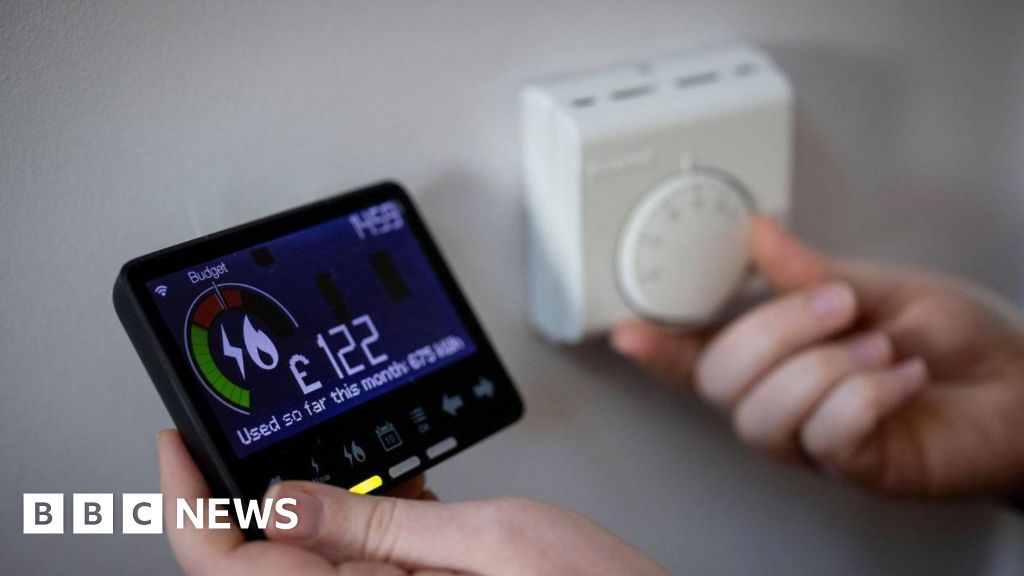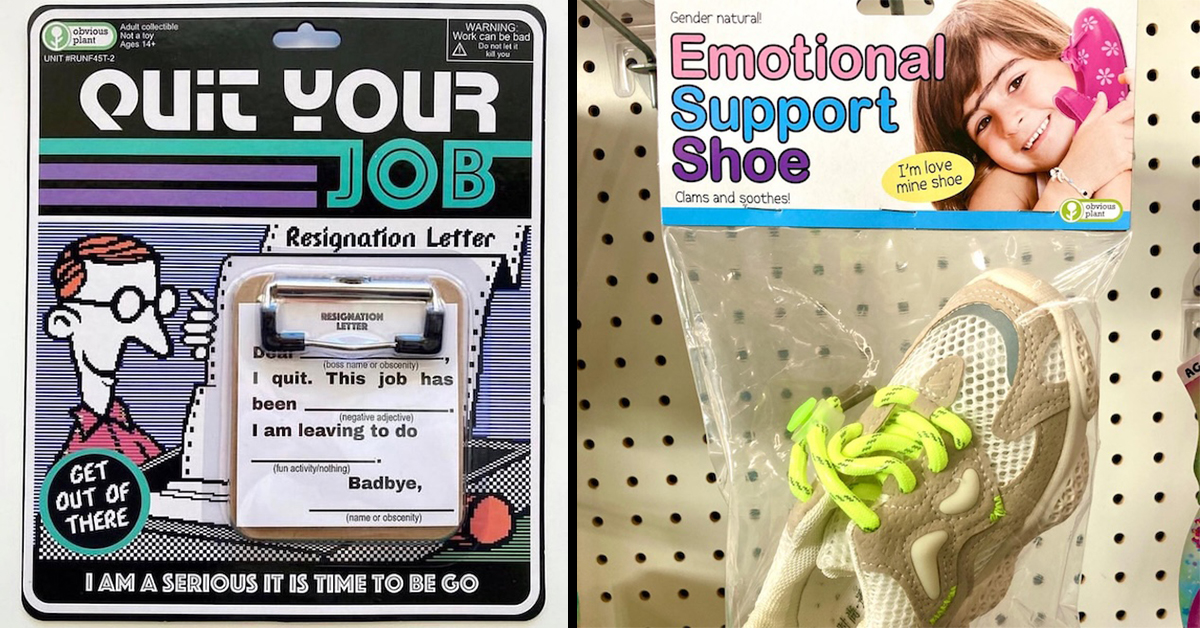‘We get banned’ all the time: Why Megababe and Evvy still face pushback on women’s health products

Megababe and Evvy make personal care and health-related products that, at some point, will be needed by at least half the population. But these companies have had to overcome one hurdle after another in the years since they launched.
Despite the relative successes of their companies—particularly with identifying markets for products that address taboo topics head-on—these problems still persist, the founders said during a panel discussion at Fast Company’s Most Innovative Companies Summit in New York last week.
“We get banned on social media advertising all the time,” said Priyanka Jain, cofounder and CEO of Evvy, a women’s health company that’s focused primarily on the vaginal microbiome.
“We get banned, too,” added Katie Sturino, founder of Megababe, which sells more than 45 products mostly aimed at addressing issues in the nether regions.
While a hemorrhoid cream named “Butt Stuff,” in the case of Megababe, or Evvy’s use of the words “vaginal microbiome” or “pelvic floor” raise alarm bells for social media companies, the founders pointed out that advertising for erectile dysfunction medication and pornography seemingly do not. But both women are, by now, accustomed to convincing stakeholders of all varieties that there’s a sizable and viable market for their products.
“The taboo and stigmatized areas are probably some of the largest opportunity spaces because, by definition, they are areas that have been underserved,” Jain told the audience. “You have to push past the uncanny valley or that difficult time, but then you actually have a higher upside on the other side because it’s likely an unserved market with a lot of need.”
‘No one wants this’
By the time Sturino launched Megababe in 2017, she had amassed a social media following that was about 70,000 strong, and she would ask her community of followers each spring what products they planned to use for thigh chafe. Naturally, when she started the brand for that community, the company’s anti-chafing stick was one of its first products.
But she heard a common refrain from people in the beauty industry. “It was a lot of: ‘No one wants this,’” Sturino recalled. Megababe ranks No. 2 on Fast Company’s list of the Most Innovative Companies in Beauty for 2025.
Undeterred, she and her startup team created 20,000 units of products. “And we actually sold through our entire first run of inventory in the first month we launched.”
Leading with education
Meanwhile, when Jain cofounded Evvy about four years ago, she told the audience there were two challenges that proved to be an uphill battle.
“One was that we were building a women’s health company, which people inherently believed was niche, that it was a small market,” Jain said. “And then it was the fact that obviously we were starting a vagina company.”
Then, as now, Jain said Evvy’s marketing strategy is providing education information—including a stat she referenced that vaginal discomfort is the leading reason why women seek healthcare advice in the United States. When fundraising, she said she focused on how massive the market was for products that weren’t solving the real problem.
“Look at all of the money that women are spending on wipes, washes, suppositories, whatever will make their vagina smell like a flower because there’s this fundamental root problem that isn’t being solved for them,” she said of those conversations. “It was very much starting with the data, starting with the numbers, and frankly not talking about the moral rightness of investing in women’s health.”
Social media insights
In its early days, Evvy started a TikTok channel and racked up millions of views because, Jain said, people were actively searching for information about vaginal health. What’s more, the company has used three guiding principles to inform its product lineup: Provide what patients actually want, identify the best science, and provide education when there’s either a gap or stigma.
While Evvy’s mission quickly resonated with consumers, Jain advised that entrepreneurs may need to take a different approach to connect on a business level with investors. “Lead with the data and lead with the numbers.”
And even though Megababe is sold by major retailers, Sturino continues to lean on her community of social media followers, now numbering 800,000-plus on Instagram alone. It’s there that she might test product ideas that will bring a solution to women who are already dealing with an issue—including the aforementioned hemorrhoid cream.
She said it’s helpful if other entrepreneurs with similar taboo-tackling business ideas are tackling a problem they know is real.
“You have to keep going and believing in yourself,” she said.
What's Your Reaction?
 Like
0
Like
0
 Dislike
0
Dislike
0
 Love
0
Love
0
 Funny
0
Funny
0
 Angry
0
Angry
0
 Sad
0
Sad
0
 Wow
0
Wow
0





























































































